On November 15, 2024, Tra Que Vegetable Village (Cam Ha commune, Hoi An city, Quang Nam province) was honored by the United Nations (UN) Tourism as one of the best tourism villages in 2024 at a ceremony in Cartagena de Indias, Colombia.
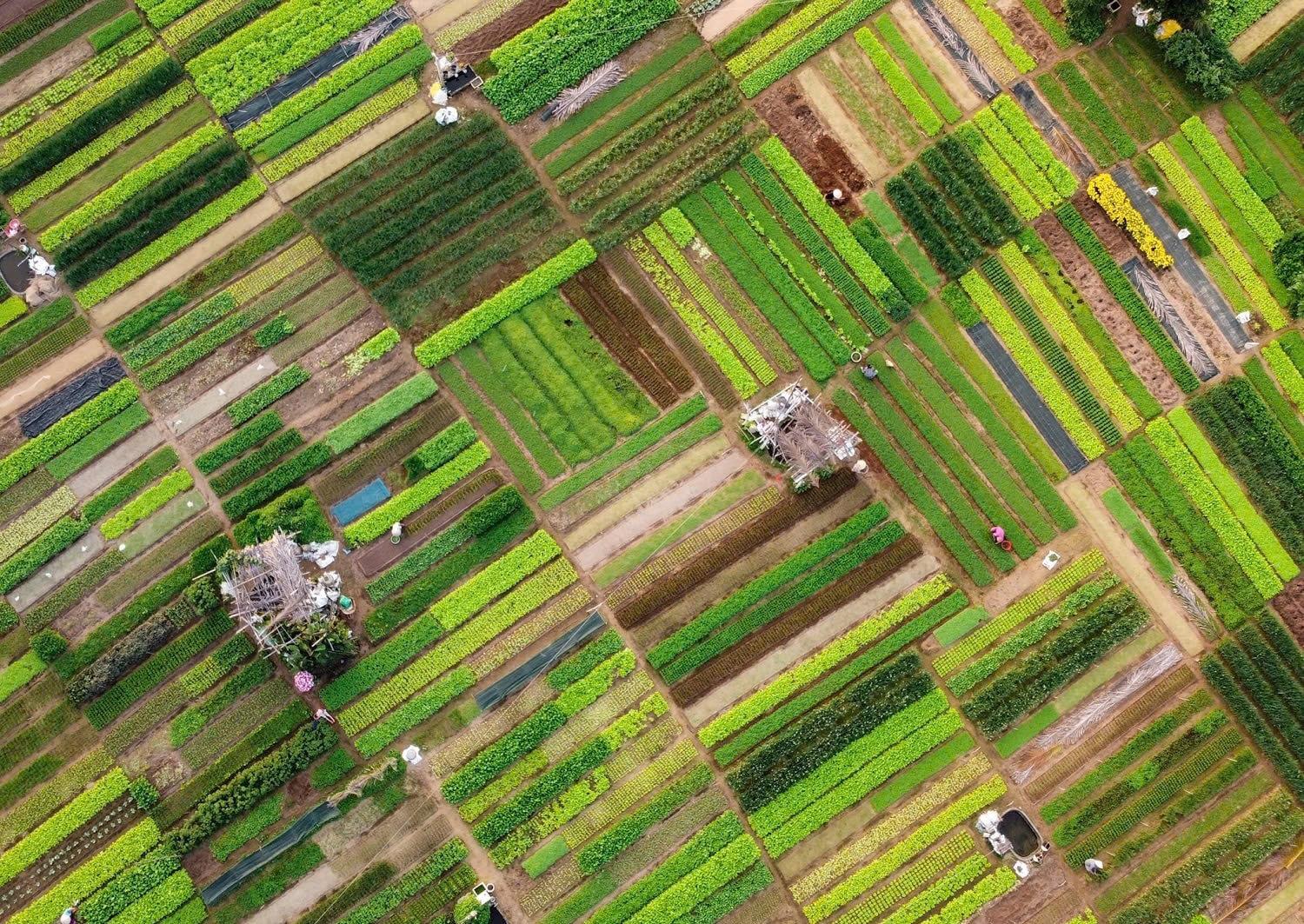
Tra Que vegetable village
Tra Que is the only representative from Vietnam to receive this prestigious award in 2024.
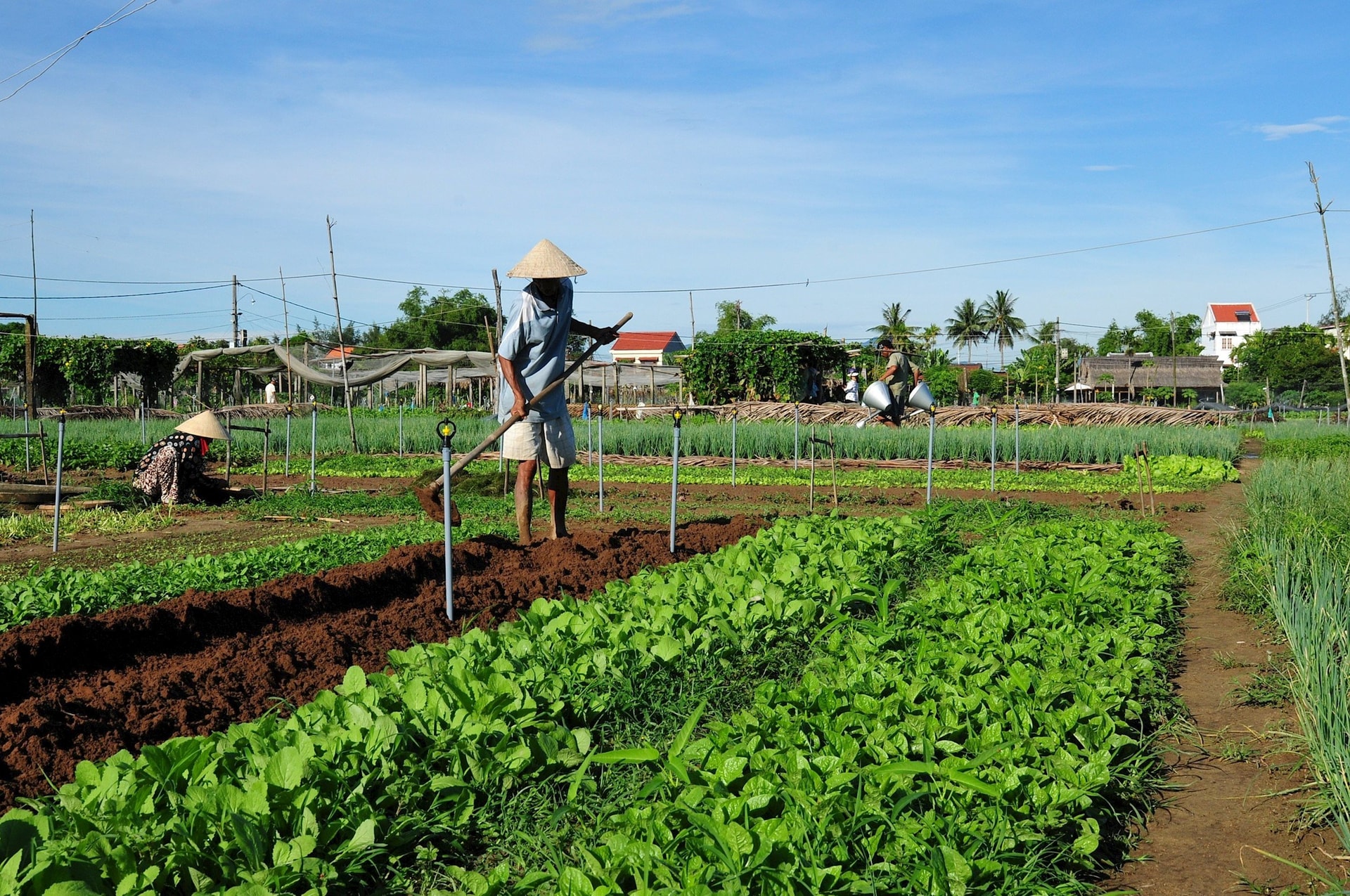
Farming in Tra Que
The "Best Tourism Villages" initiative by UN Tourism aims to promote tourism as a driver for rural development and well-being.
It recognizes villages that are outstanding examples of rural tourism destinations with recognized cultural and natural assets that preserve and promote community-based values, products, and lifestyles and have a clear commitment to sustainability in all its aspects, including economic, social, and environmental ones.
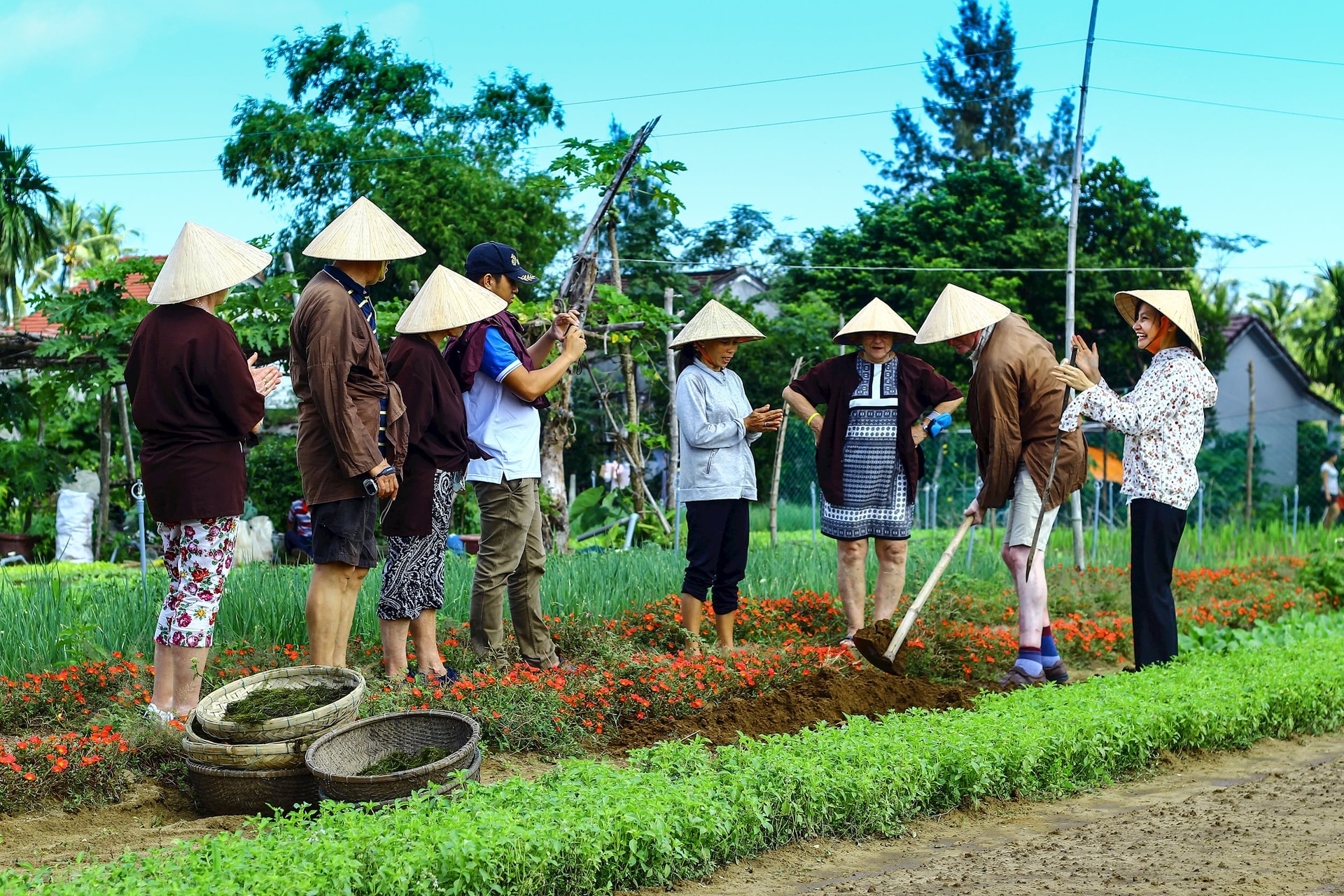
Community-based tourism in Tra Que
Tra Que was established in the 16th century. It is located 3km from the Hoi An ancient town. The village features a mild climate, fertile soil, and a long-standing tradition of organic vegetable farming on 18 hectares. It involves over 200 households, providing a stable source of income for the community.
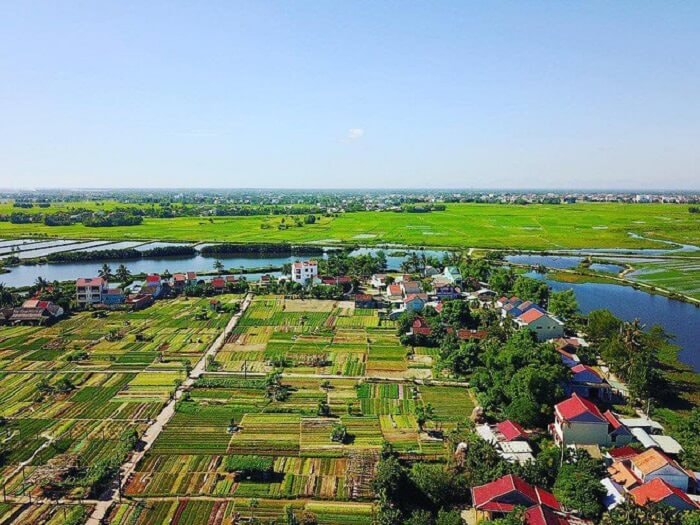
Tra Que vegetable village. Photo: Huetour
The village also preserves historical relics, festivals, and customs, so it was recognized as a National Intangible Cultural Heritage in 2022.
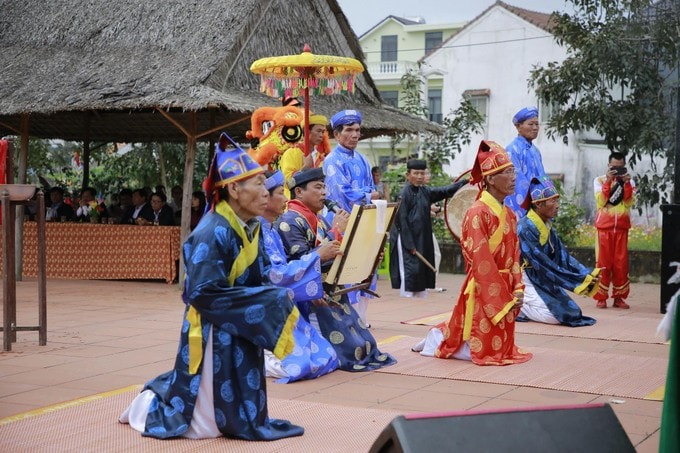
Cau Bong Festival in Tra Que. Photo: Sggp
UN Tourism will issue the certificate at the International Rural Tourism Conference held in Quang Nam from December 7 to 12, 2024. The event will bring together high-ranking leaders and representatives from member countries.
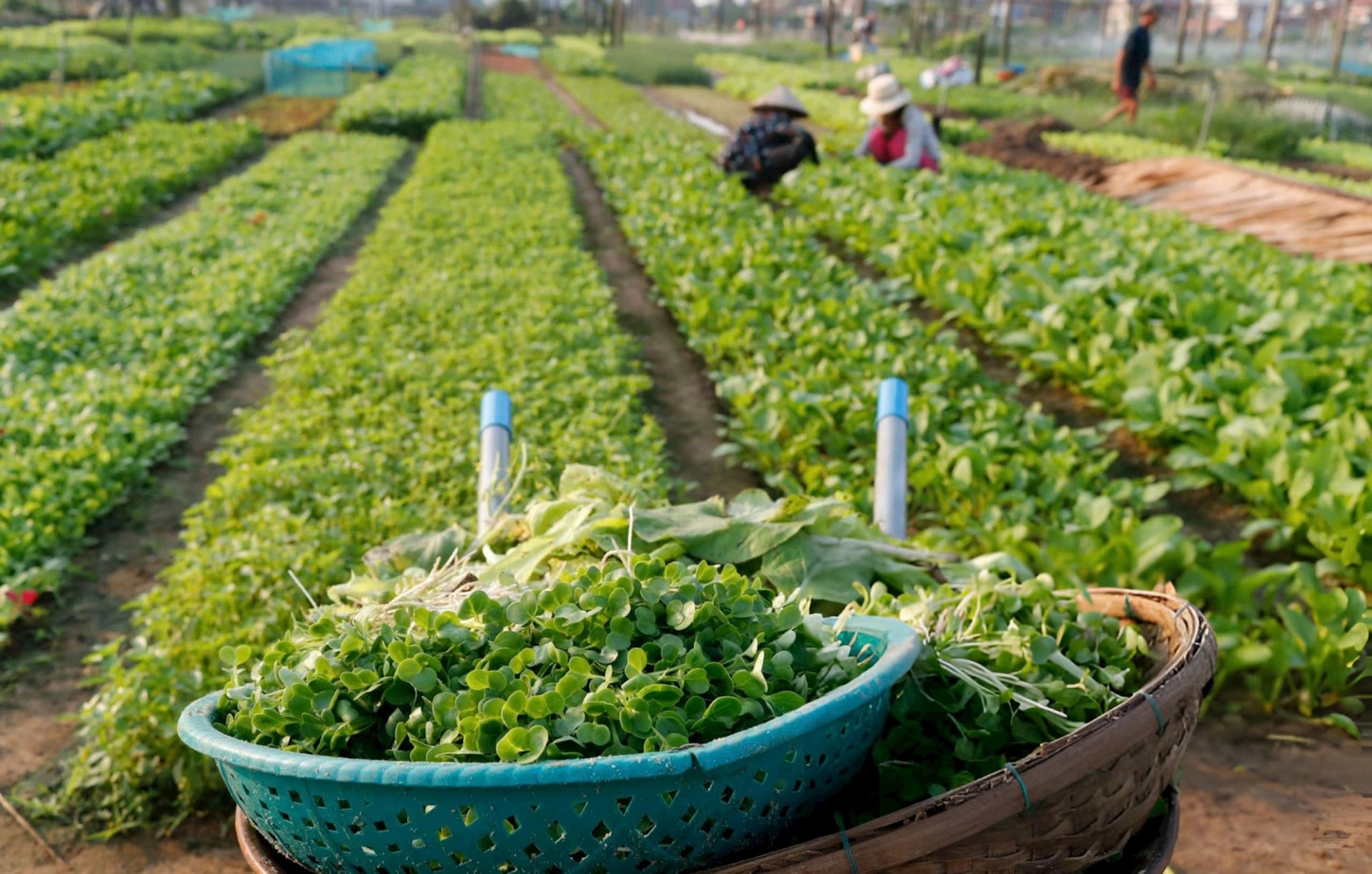
Harvested vegetables
Tra Que is the third village in Vietnam to receive the title of "Best Tourism Village" from UN Tourism, following Thai Hai (Thai Nguyen, 2022) and Tan Hoa (Quang Binh, 2023).
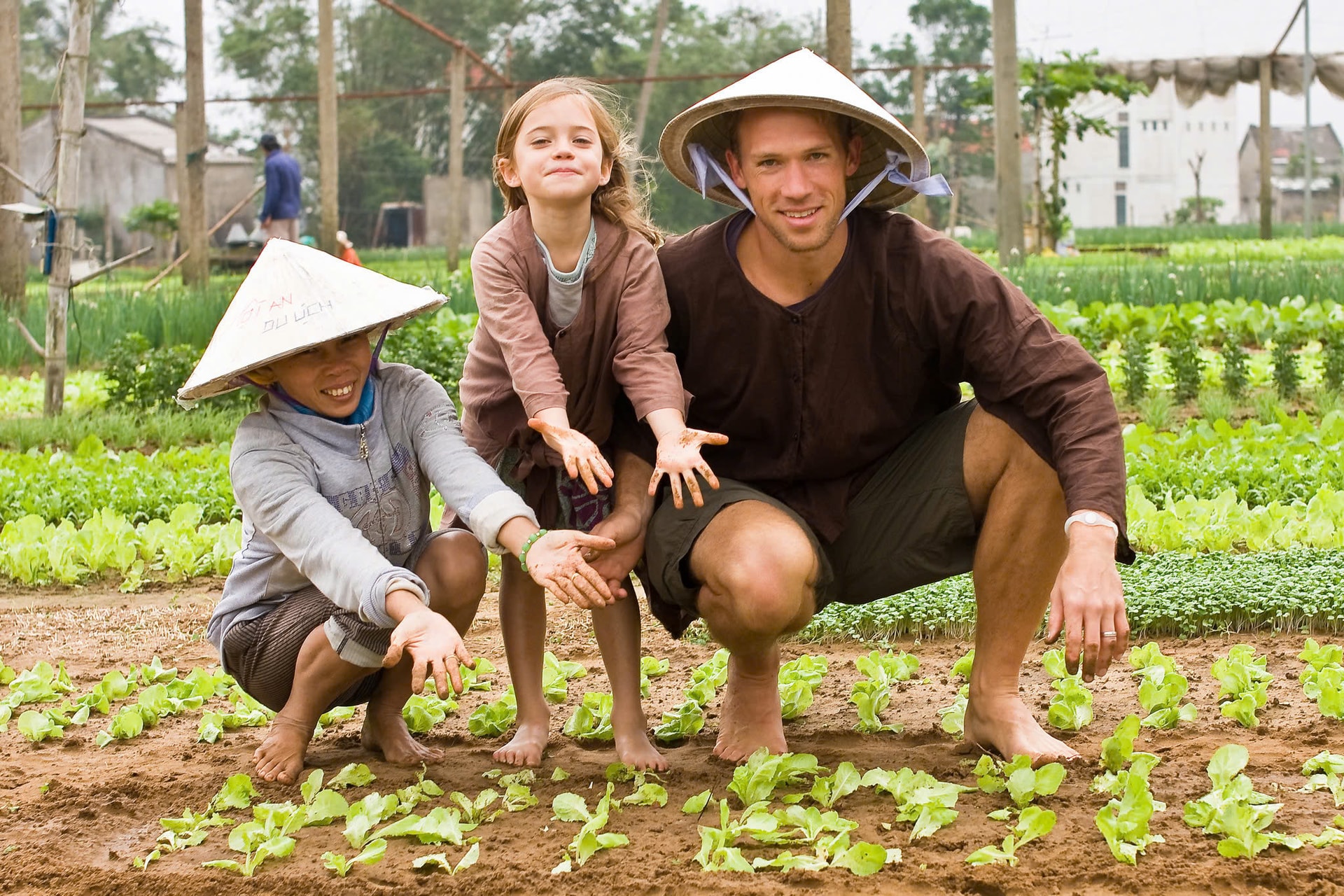
Foreign visitors to Tra Que
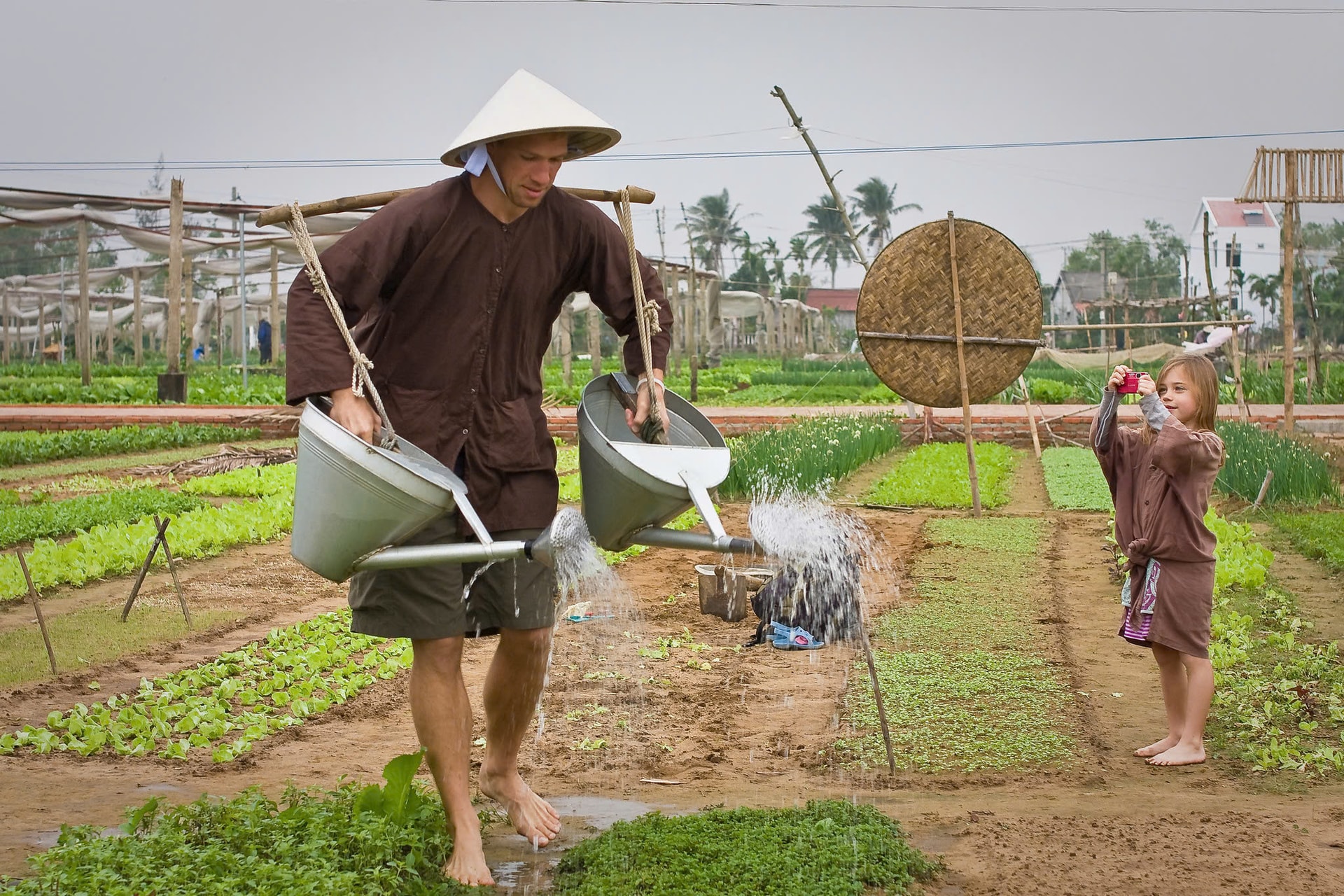
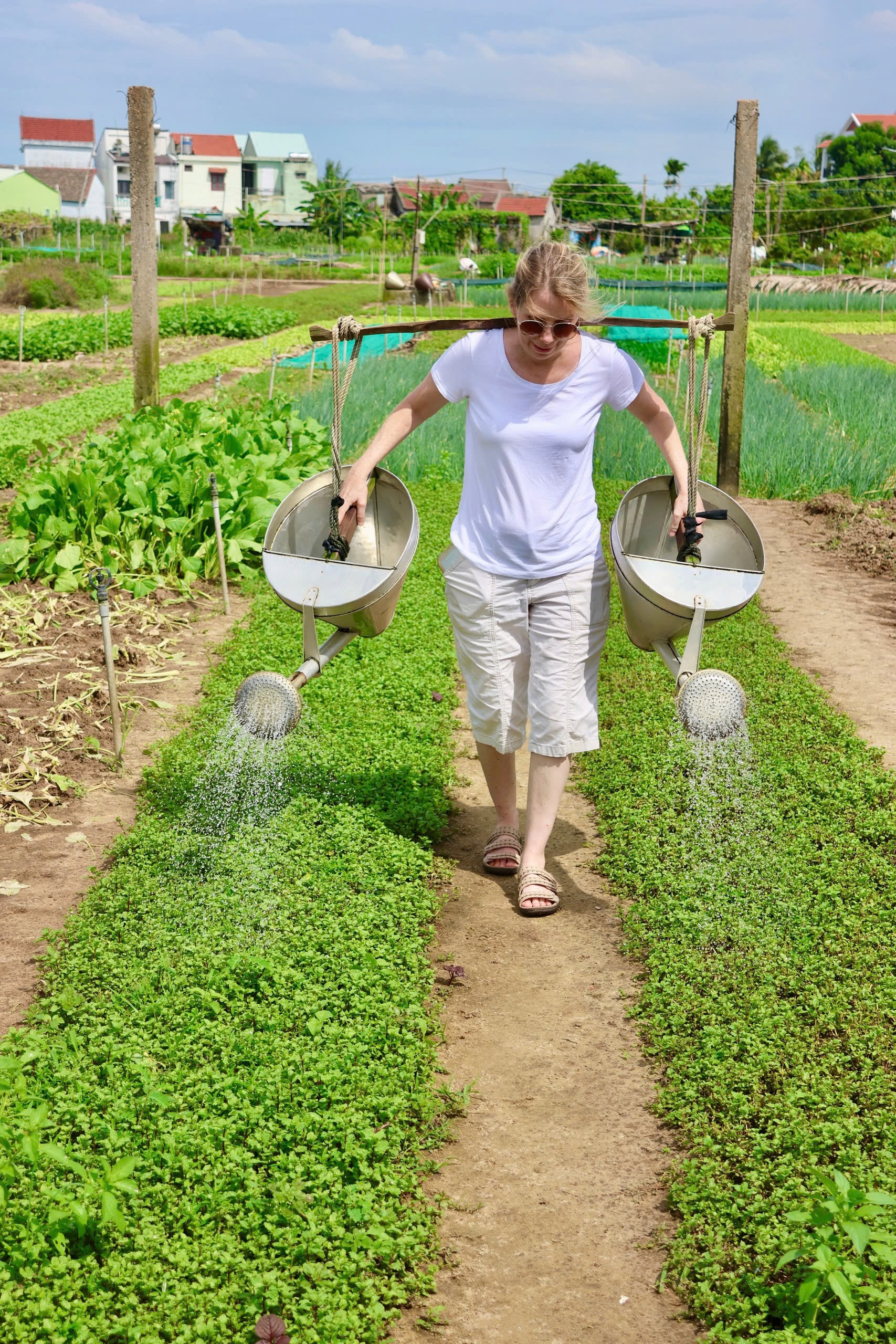
Vegetable-watering experience
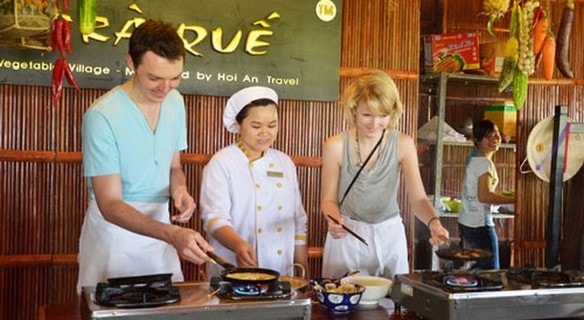
Cooking class at Tra Que. Photo: Hoianfoodtour
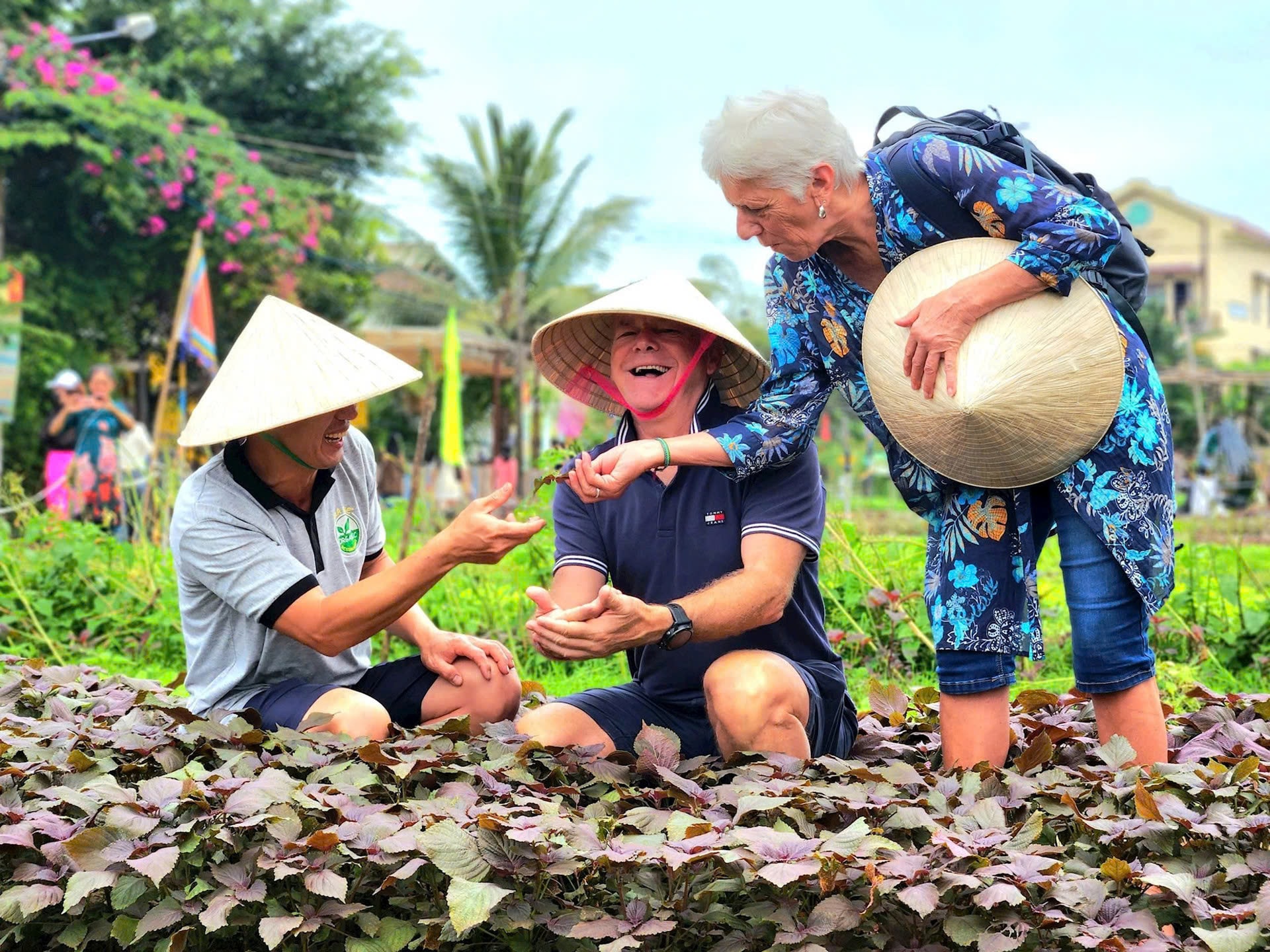
Learning about a vegetable in Tra Que
The award affirms Quang Nam’s efforts in promoting green tourism, highlighting Tra Que as a shining example of sustainable tourism. It also contributes to positioning Quang Nam and Vietnam's tourism brand on the global map.
Translated by H.Thu